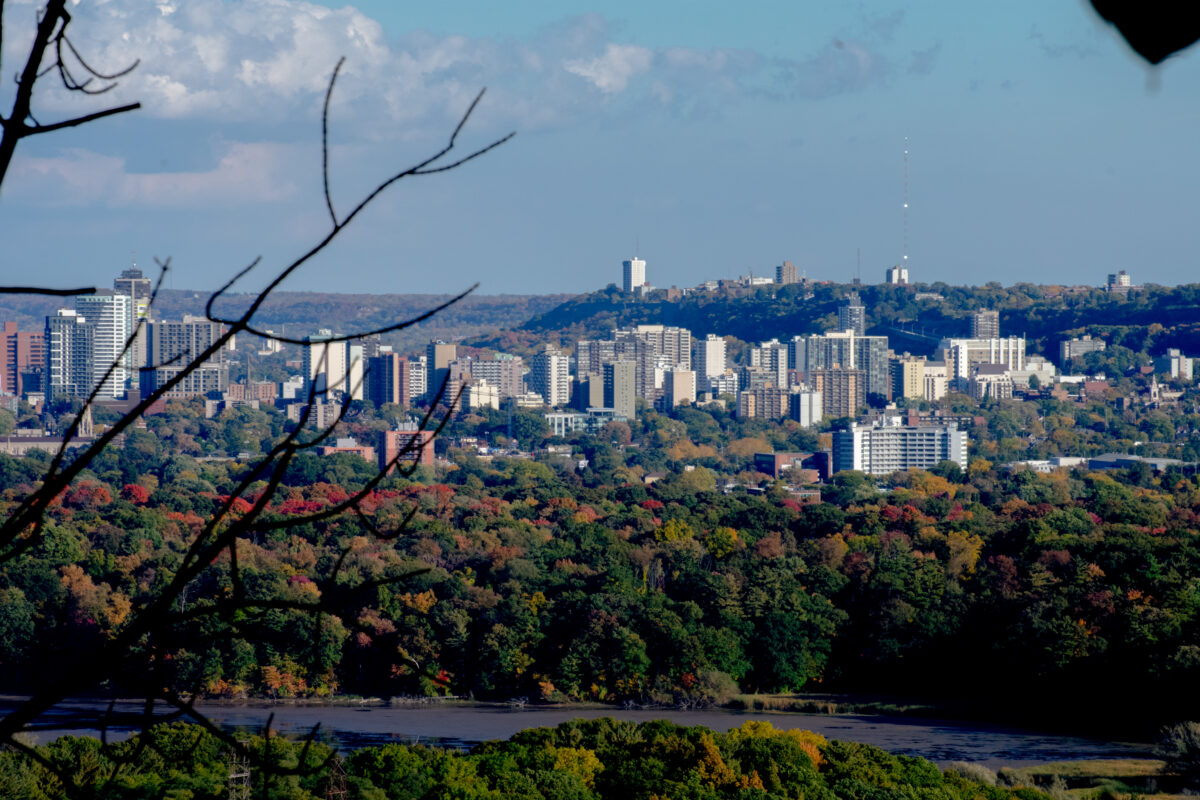Ontario’s Minister of Municipal Affairs and Housing Paul Calandra is reversing the decision of his predecessor Steve Clark to impose expansion of Hamilton’s urban boundaries.
Calandra states his government’s decision to force urban boundary expansion did not maintain and reinforce public trust.
“In reviewing how decisions were made regarding official plans, it is now clear that they failed to meet this test,” Calandra says in his statement.
In November 2022, Premier Doug Ford and then Minister of Municipal Affairs and Housing Steve Clark overruled Hamilton City Council’s urban boundary freeze, imposing an expansion of development onto agricultural lands outside the existing urban area.
Last week, the provincial government tabled legislation to return the lands to the Greenbelt.
These reversals follow devastating reports from Ontario’s Auditor General and Ontario’s Integrity Commissioner (Report 1, Report 2), revealing improper and concerning actions leading to removing lands from the Greenbelt. The RCMP is currently conducting a criminal investigation.
Hamilton Mayor Andrea Horwath is “very pleased” with today’s announcement.
She says freezing the urban boundary will “help us in terms of ensuring that we’re protecting the farmland that we need to protect and ensuring that we are not over developing and creating more sprawl in our community.”
Mayor Horwath was in a City Council meeting when the announcement was made. She spoke with TPR outside of Council Chambers.
[TPR was the only media outlet at City Hall covering Council today.]
The Mayor says freezing the urban boundary enables Hamilton to build needed housing while ensuring the City can afford to provide municipal services.
“We have a lot of work to do on the housing plate,” Horwath says, adding the City needs support from higher levels of government “to make sure housing is affordable in our city, and that the services that people need to be successfully housed are made available.”
The City has passed zoning reforms to allow intensification along transit corridors, has changed its land use planning processes to speed up approvals, and will pass a new city-wide residential zoning reform that includes fourplexes in the coming months.
Hamilton is “making sure that we step up in terms of providing the housing that we need in our city,” Mayor Horwath says.
When asked if the recent provincial reversals are a “reset” for the relationship between the City and provincial government, Mayor Horwath says:
“My relationships always stay positive with the provincial government, certainly we can disagree on their perspective and their policy direction. But when it comes to fighting for Hamilton, I’ve never stopped and they’ve been quite receptive on every file that I’ve talked to them about.”
The Mayor says the City’s professional planning staff will respond to the Province’s request for a submission within 45 days, and she is pleased the government plans to financially assist the City with costs incurred by the urban boundary expansion decision.
Hamilton will continue to ask the province to reverse changes to development charge regulations that are adding a $40.59-million cost to the City’s 2024 capital budget (equivalent to a 3.69 percent capital tax increase) and a $27.28-million cost to the City’s water rates (equivalent to 9.75 percent).
“Now, we start really putting more focus on some of these other pieces, including the issue of making Hamilton whole with the development charges,” says Mayor Horwath. “We’ve got some real challenges coming with the budget and some of those other policy decisions.”
Production Details v. 1.0.0 Published: October 23, 2023 Last edited: October 23, 2023 Author: Joey Coleman Edit Record v. 1.0.0 original version


Comments are closed.